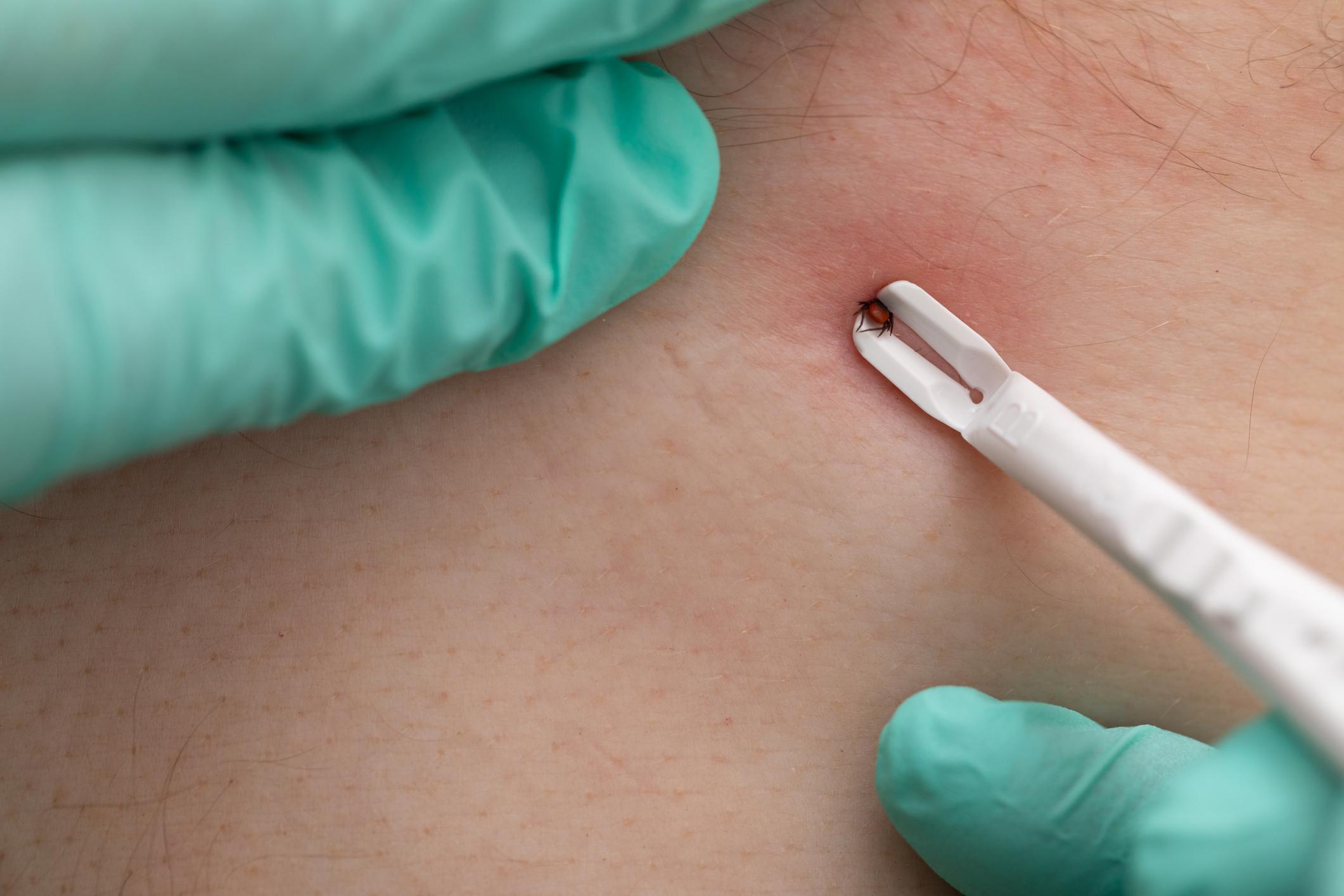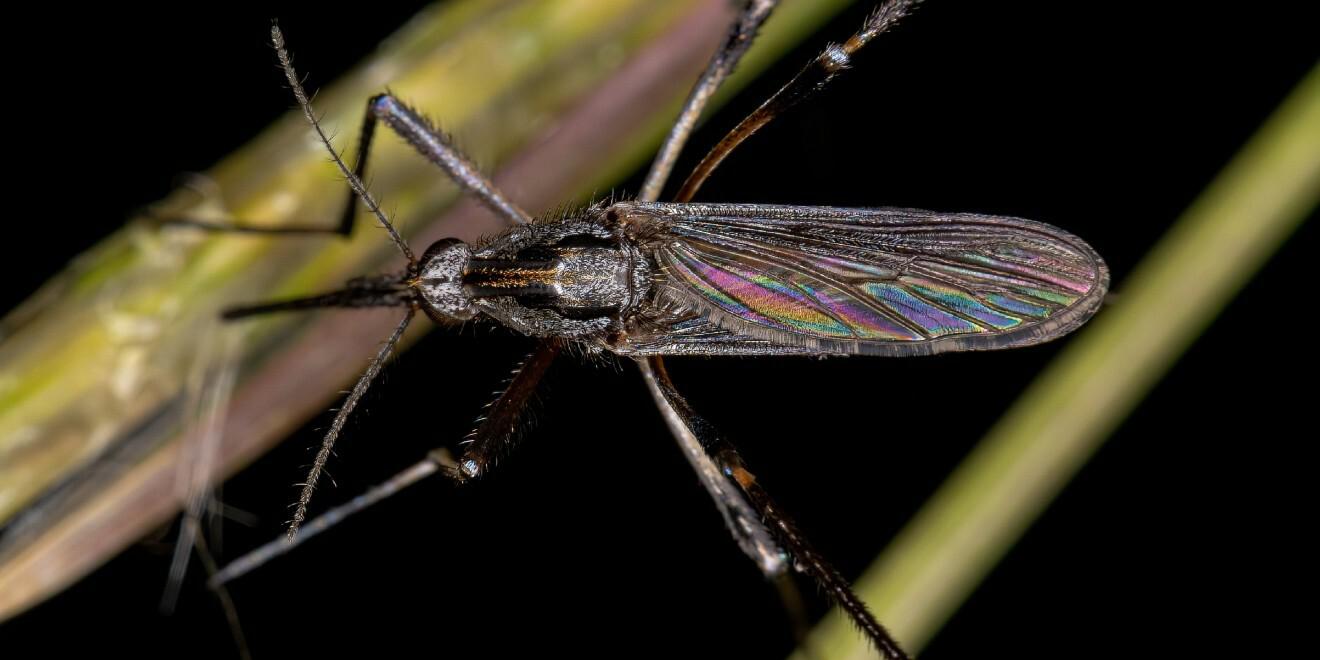Why You Should Check Your Pet for Ticks
Posted by Mosquito Squad
December 20, 2023

Pet tick checks in Rhode Island are just as important as checking yourself for ticks after being outdoors. Did you know that ticks can infect your pets with diseases too?
At Mosquito Squad of Rhode Island, we know that our tick control is an essential step in reducing the number of ticks our clients encounter around their homes. With the arrival of spring, many residents are preparing to begin their 2021 tick protection regimen with us. While these efforts will decrease your chances of encountering ticks, checking your pets for ticks is still a very important habit to maintain. Why?
Pets Are Susceptible to Vector-Borne Illnesses.
Both dogs and cats can contract illnesses from mosquitoes and ticks. Heartworm disease begins with a simple mosquito bite and can cause a lifetime of illness; from heart failure in dogs to heartworm associated respiratory disease in cats. There are a few very dangerous tick-borne illnesses that can infect our dogs and cats, causing anything from lethargy and joint pain to anemia and even multi-organ failure. Here are three common diseases that your pet can catch from an infected tick.
- Lyme disease – Yes, dogs can be infected with Lyme disease too. Lyme infection is passed by the black-legged tick, also known as the deer tick.
- Canine/Feline Ehrlichiosis – A bite from a brown dog tick can make your best friend very sick with this common and dangerous tick-borne illness.
- Canine/Feline Anaplasmosis – More commonly called dog tick fever, this tick-borne illness is also transmitted by the deer tick.
How to Check Your Pet for Ticks
Living in Rhode Island means you should be checking your pets for ticks every day from early spring through late fall. While you may be well versed in checking yourself and your human family for ticks, checking a dog or cat can be trickier. With all their fur, floppy ears, and hidden crevices, ticks can remain inconspicuous for days!
It’s important to remember that ticks climb on to your pet from blades of grass or shrubs near ground and climb upwards. They are looking for moist dark areas to hide so they can embed themselves for a lengthy blood meal. Make sure if your pet has longer or thicker fur you spend additional time during the following tick check process to be sure you find any well-hidden ticks.
Ticks can be as small as a grain of coffee or sesame seed, making careful examination vital. Start by using your hands as a comb and run your hands over your pet’s body feeling for bumps and looking for a red irritated spot on the skin. If you find a spot, part the fur and take a closer look to see if it is indeed a tick. It is important to check your pet thoroughly and everywhere, paying close attention under the collar, in the ears, near their groin, armpits, the base of their tail and in between their toes. Pay special attention to your dog’s face, muzzle and around their eyes; dogs are notorious for sticking their noses in underbrush or debris piles. It might be necessary to use a comb to get through thick coats but be sure to stop if you come to a bump or a snag, so you can give closer inspection.
Quick and Safe Tick Removal is Essential.
If you find a tick on your pet, it should be quickly removed. The longer a tick is attached, the higher the chance of disease transmission. However, you can’t just nonchalantly pull the tick out and toss it aside. Attempting to burn the tick or use petroleum jelly or other topical solutions is ill-advised. These methods could result in injury to your pet or could even cause the tick to release infection into your pet.
See CDC guidelines for tick removal here.
Protect your whole family, pets included, from the threat of tick-borne illness with effective Mosquito Squad of Rhode Island tick control. Our mosquito barrier protection formula will treat your yard for ticks too! Call us today at (401) 825-0110.
Please consult your vet for pet health concerns or if you believe your pet has been bitten by a mosquito or tick.















